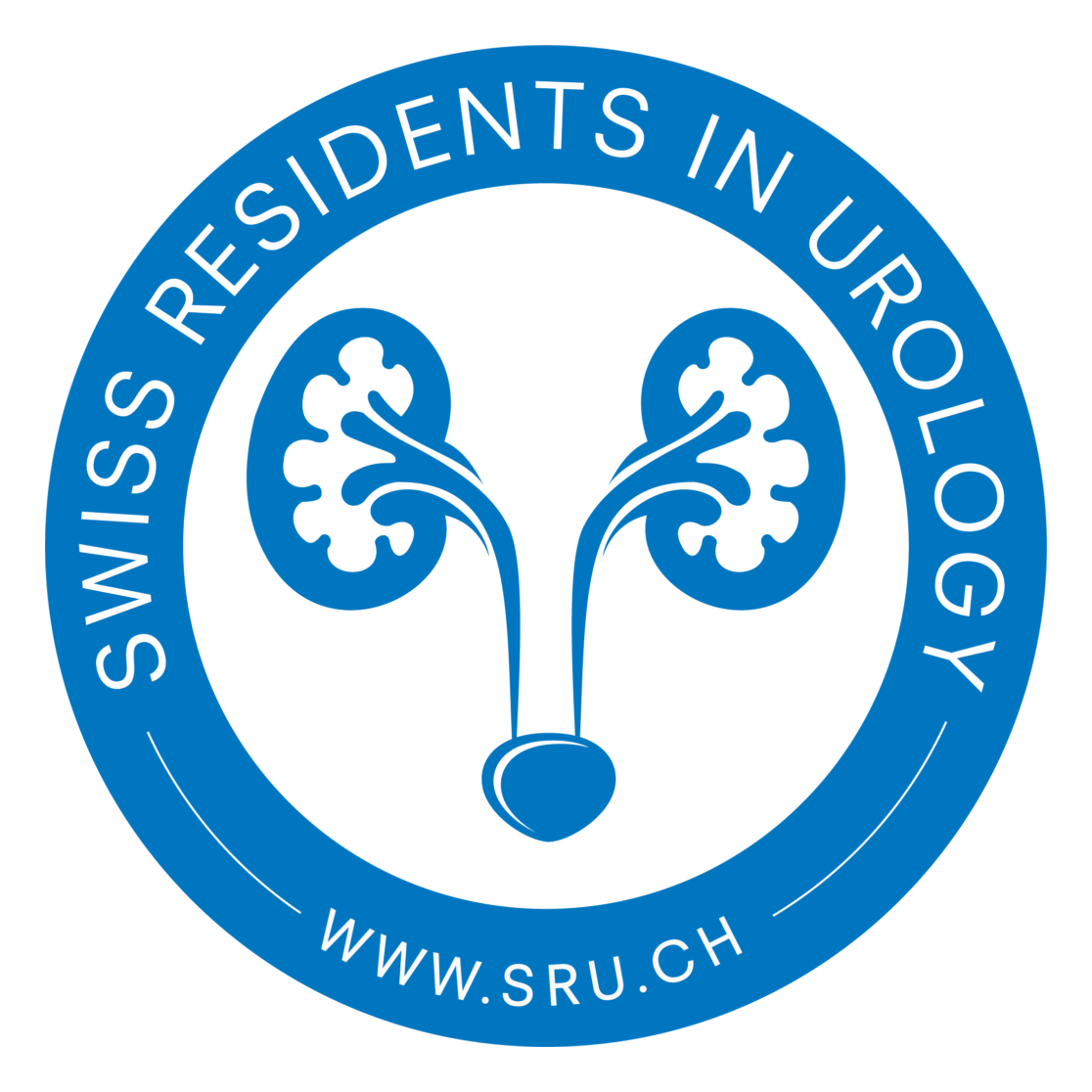Il programma di incubazione dei talenti dell’EAU è composto da quattro moduli che si concentrano su varie competenze non tecniche come la leadership e la comunicazione, il benessere mentale, le tecnologie digitali e la ricerca e gli studi.
La SRU ha fornito un sostegno finanziario a Pia Kraft di Winterthur e Andres Affentranger di Lucerna per consentire loro di partecipare al primo modulo del Programma di incubazione di talenti dell’EAU a Innsbruck.
Abbiamo buone notizie: La SRU sosterrà nuovamente il primo modulo sulla leadership e la comunicazione, che si svolgerà da giovedì 9 gennaio a sabato 11 gennaio 2025 a Innsbruck. Riceverete maggiori informazioni sulla domanda di iscrizione tramite la newsletter della SRU in autunno. Se siete interessati al programma, vi invitiamo a dare un’occhiata alle relazioni di Pia e Andres.
***
Recap on EAU Talent Incubator Program Module One
Completing the Talent Incubator Module One has provided valuable insights. Beyond medical expertise, we emphasised the importance of building strong relationships with colleagues and patients. Effective communication, empathy and cultural sensitivity are critical to fostering trust and collaboration in patient care.
In addition, the course highlighted the importance of doctor’s wellbeing and self-care. A balance between the demands of the profession and personal health is critical to maintaining high quality patient care and preventing burnout. Strategies for stress management and work-life balance were discussed, emphasising the importance of self-care in medical practise.
Another important topic was collaboration, highlighting the value of teamwork and specialisation in modern urology. By working closely with colleagues and leveraging each other’s expertise, urologists can provide comprehensive and tailored care to their patients.
Furthermore, the course emphasised the importance of leadership skills in managing the complexity of modern healthcare. Urologists must have the ability to lead multidisciplinary teams, champion patient-centred approaches and drive positive change in their specialty. By developing adaptable, socially intelligent leaders, the future of urology remains bright amidst the evolving challenges and advances in medicine.
Finally, we have concluded that the dynamic nature of medicine requires a commitment to lifelong learning in order to continually optimise patient care in our daily work.
Andres Affentranger

